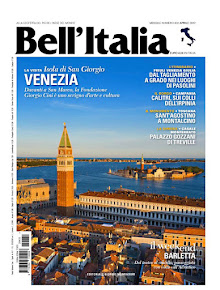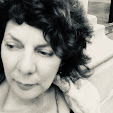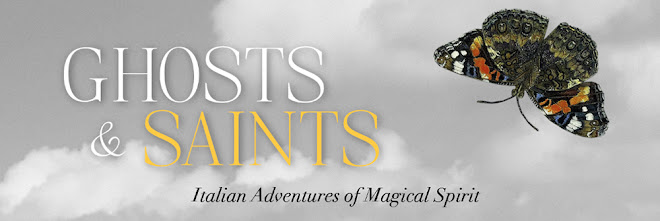Wednesday, July 16, 2025
KIRKUS REDUX Editor's Pick
Thursday, June 05, 2025
KIRKUS REVIEWS Editor's Pick

Friday, February 21, 2025
Calling in the Muse Creative Writing Retreat
We are hosting our first retreat! And we would love to see you there. Calling in the Muse Creative Writing Retreat in beautiful Puglia, Italy. Join us at the stunning Masseria Specula for a week of inspiration, creativity, and connection. This retreat is designed for writers of all genres who are looking to rejuvenate their craft in a supportive and inspiring environment. Immerse yourself in the picturesque surroundings of Puglia as you dive deep into your writing practice. From workshops to one-on-one coaching sessions, this retreat offers a unique opportunity to tap into your creativity and find your muse.
Don't miss out on this unforgettable experience. Hosted by Author & Photo Director Angela Paolantonio.
Immerse. Wait for the Muse. Write. That's It.
For inclusive details contact me at ghostsofitaly@gmail.com
CALLING IN THE MUSE @ angelapaolantonio.com
Sunday, February 09, 2025
STRADE DORATE | Author Interview
THE GHOSTS OF ITALY & STILL LIFE WITH SAINTS
'An artist and photographer who has developed into a writer.'
Interview by Valentina di Cesare





























